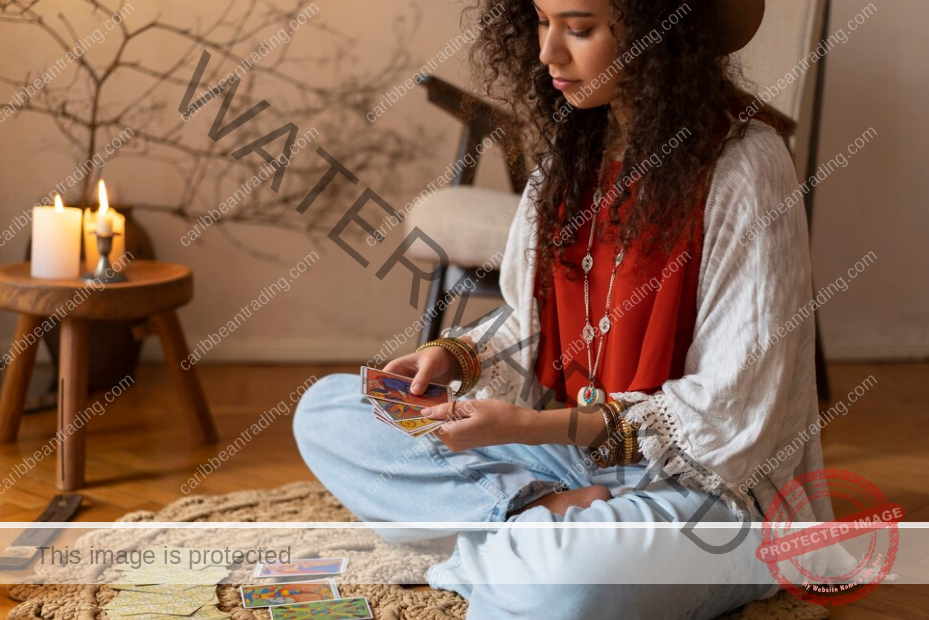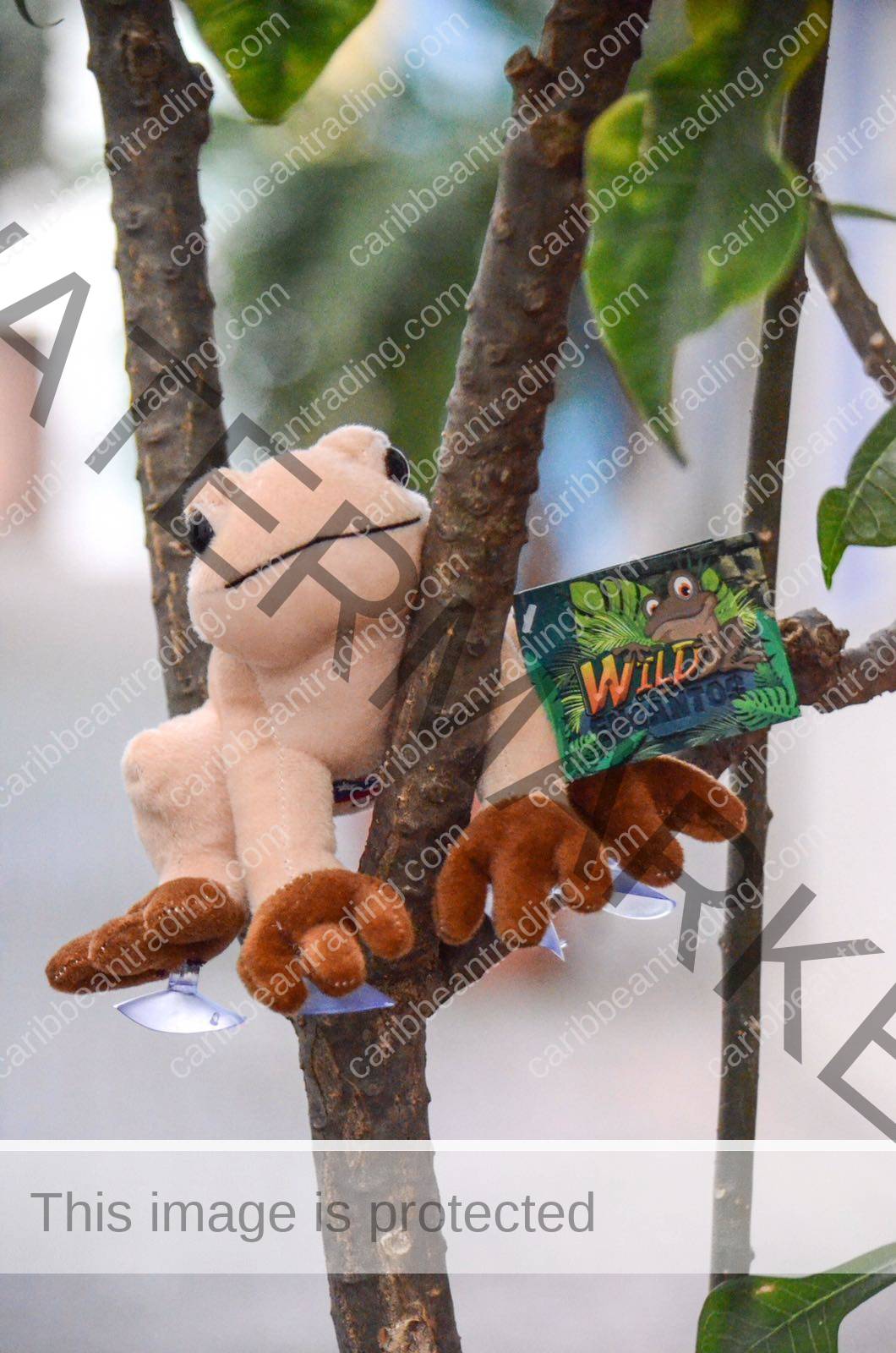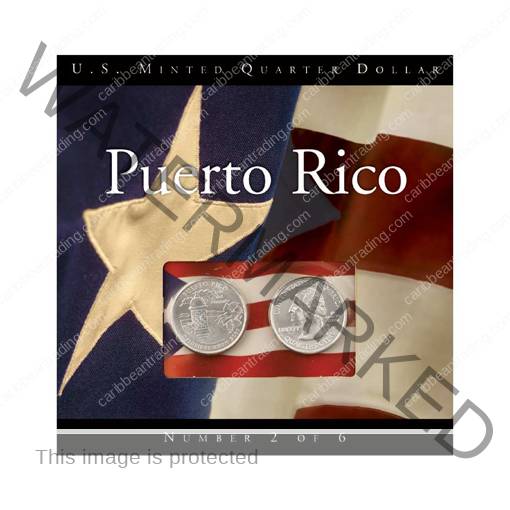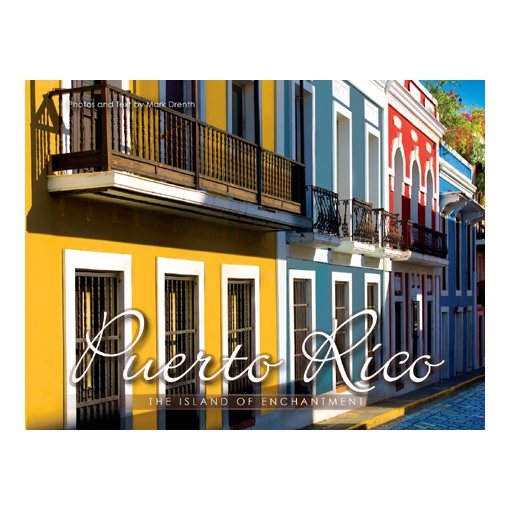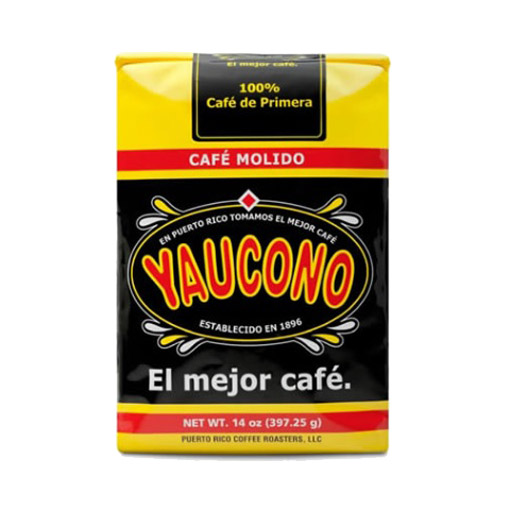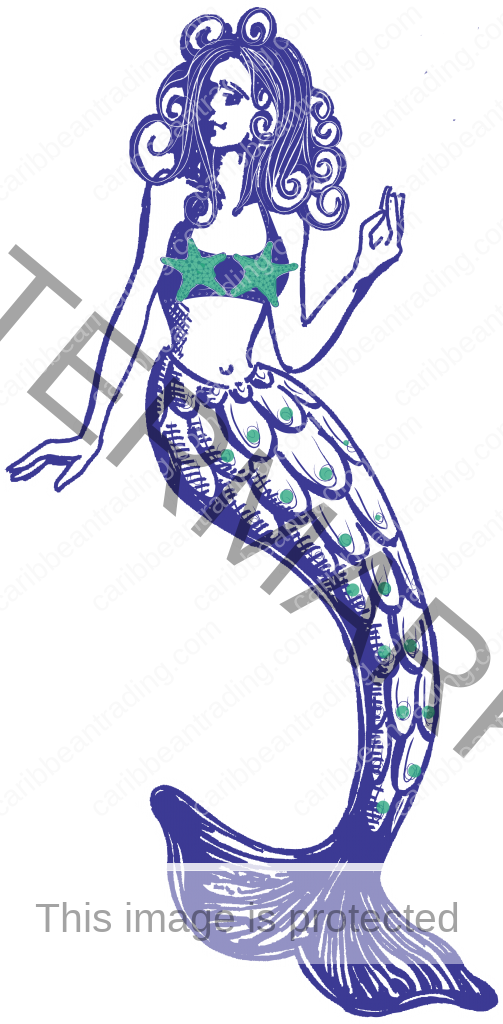Caribbean History
Exploring the Mystical Realm: A Dive into Divination and Tarot Reading in Puerto Rico
Puerto Rico, a vibrant island nestled in the heart of the Caribbean, is not only renowned for its picturesque landscapes and rich cultural heritage but also for its deep-rooted traditions in mysticism and spirituality. Among the various mystical practices that flourish within the island’s diverse communities, divination and tarot reading stand out as prominent avenues through which individuals seek guidance, insight, and a deeper connection to the spiritual realm. In this comprehensive exploration, we delve into the fascinating world of ancestral traditions in Puerto Rico, uncovering the beliefs, and significance attached to these mystical arts.
Historical Background
To understand the contemporary practice of divination and tarot reading in Puerto Rico, it is essential to trace its historical roots. Like many other Caribbean nations, Puerto Rico has a complex history shaped by indigenous, African, European, and American influences. The island’s indigenous Taíno people had their own spiritual practices, which included divination rituals using natural elements such as shells, bones, and herbs to commune with the spiritual world.
With the arrival of Spanish colonizers in the 15th century, Catholicism was imposed as the dominant religion in Puerto Rico. However, rather than eradicating indigenous and African spiritual beliefs, Catholicism syncretized with these practices, giving rise to a unique blend of religious syncretism known as “Santería” or “Espiritismo” in Puerto Rico. Within this syncretic framework, divination and tarot reading found a new context, intertwined with Catholic saints, African deities (orishas), and spiritual guides (egun).
Modern Practice
In contemporary Puerto Rican society, divination and tarot reading continue to hold significant cultural and spiritual relevance. While some practitioners adhere strictly to traditional methods passed down through generations, others incorporate modern interpretations and techniques into their practice. Divination rituals may involve a variety of tools, including tarot cards, pendulums, runes, and scrying mirrors, among others.
Tarot reading, in particular, has gained widespread popularity among both locals and tourists seeking spiritual guidance and insight into their lives. Tarot decks vary widely, with some reflecting traditional Rider-Waite symbolism and others incorporating elements of Afro-Caribbean spirituality. Experienced tarot readers in Puerto Rico often possess a deep understanding of symbolism, archetypes, and intuition, allowing them to interpret the cards in a manner that resonates with their clients’ personal experiences and cultural backgrounds.
Cultural Significance
The practice of divination and tarot reading in Puerto Rico extends beyond mere fortune-telling; it is deeply intertwined with cultural identity, community, and spirituality. For many Puerto Ricans, consulting a tarot reader or spiritual advisor is not just about predicting the future but also about seeking guidance during times of uncertainty, navigating life’s challenges, and connecting with ancestral wisdom.
Moreover, divination rituals and tarot readings are often incorporated into various cultural events and celebrations, such as festivals, weddings, and religious ceremonies. In these settings, they serve not only as means of personal introspection but also as communal experiences that foster a sense of unity and shared cultural heritage.
Challenges and Controversies
Despite its widespread acceptance within Puerto Rican society, divination and tarot reading also face challenges and controversies. Skepticism and criticism from certain religious groups, as well as concerns about exploitation and fraudulence within the spiritual industry, have prompted debates about the ethical boundaries of these practices.
Furthermore, the commercialization of spirituality, fueled by the rise of social media influencers and online platforms, has led to concerns about authenticity and commodification within the tarot reading community. In response, many practitioners emphasize the importance of ethical conduct, integrity, and respect for the sacred nature of divination.
Ancestral Continuity: Other Practices in the Caribbean
Beyond divination and tarot reading, the Caribbean harbors a rich diversity of ancestral practices that have endured over the centuries, rooted in the indigenous, African, and European traditions that have shaped the region. These practices, imbued with spirituality and connection to nature, continue to be an integral part of the Caribbean’s cultural fabric, providing a fascinating window into its past and contemporary identity.
1. Santería
Santería, also known as Lukumí or Regla de Ocha, is a religious practice that originated in Cuba but spread throughout the Caribbean and beyond. It combines elements of Yoruba African religion with Catholicism, resulting in a syncretic belief system that centers around the veneration of orishas, or deities, and the use of rituals, offerings, and ceremonies to establish connections with the spiritual realm.
2. Obeah
Obeah is a traditional spiritual practice found primarily in the Anglophone Caribbean, including Jamaica, Trinidad and Tobago, and Barbados. Often misunderstood and stigmatized, Obeah encompasses a wide range of beliefs and practices, including herbal medicine, ritual magic, and spiritual healing. Practitioners, known as obeahmen or obeahwomen, are consulted for various purposes, such as protection, love spells, and prosperity rituals.
3. Indigenous Traditions
While the indigenous populations of the Caribbean were largely decimated during European colonization, remnants of their traditions persist among certain communities. Practices such as shamanic healing, herbalism, and reverence for nature continue to be passed down through oral tradition and cultural practices, preserving the ancestral knowledge of the region’s original inhabitants.
4. Folk Magic and Folklore
Throughout the Caribbean, a rich tapestry of folk magic and folklore thrives, encompassing a diverse array of beliefs, superstitions, and practices. These may include folk remedies, protective charms, and rituals for luck and prosperity, often intertwined with local myths, legends, and cultural traditions. While modernization and globalization have brought changes to the region, many Caribbean communities maintain a deep respect for their folkloric heritage, incorporating these beliefs into their daily lives and celebrations.
Conclusion
The vibrant mosaic of folk magic and folklore in the Caribbean stands as a testament to the resilience and richness of the region’s cultural heritage. Despite the waves of modernization and globalization, communities throughout the Caribbean continue to cherish and preserve their ancestral traditions, finding solace, protection, and a sense of identity in the age-old practices of folk remedies, protective charms, and rituals. These traditions not only serve as a connection to the past but also as a source of inspiration and guidance for navigating the complexities of the present and shaping the future. As the Caribbean evolves, its folklore remains a powerful force, weaving together the threads of history, spirituality, and community into a tapestry of enduring significance.


